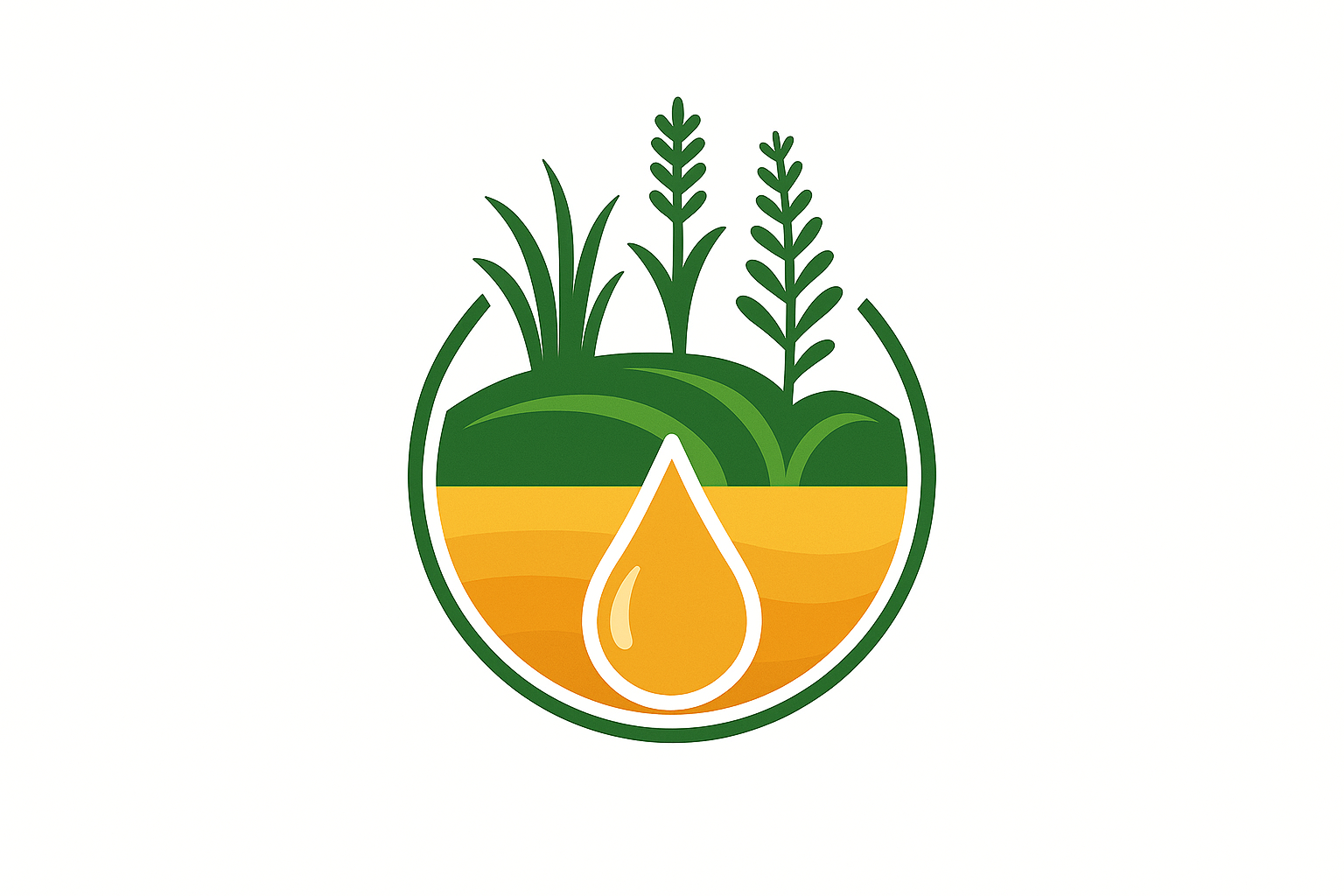FAB-PGC
Feedstocks for Advanced Biofuels from Perennial Ground Cover Systems

Feedstocks for Advanced Biofuels from Perennial Ground Cover Systems (FAB-PGCs) is a long-term, collaborative research project focused on improving how biofuels are produced from corn stover. Led by Dr. Sara Lira at Corteva Agriscience, the project brings together researchers, institutions, and farmers across the Midwest to develop a more sustainable and scalable approach to bioenergy feedstock production.
Corn stover—the leftover stalks, leaves, and husks after corn harvest—is one of the most abundant biomass resources in the U.S., covering around 90 million acres each year. However, harvesting large amounts of stover can degrade soil health, increase erosion, and reduce long-term agricultural sustainability. For corn stover to truly support a cleaner energy future, its production must be reimagined to lower its carbon intensity and improve environmental outcomes.
FAB-PGCs tackles this by integrating perennial ground cover (PGC) systems into corn production. PGC systems involve planting a low-growing perennial crop between corn rows. Unlike traditional cover crops that are replanted annually, PGC species remain in the field year after year, providing continuous protection to the soil. They reduce erosion, retain nutrients, and improve soil structure—all while allowing corn to grow normally. While these systems offer promising ecological benefits, they have not yet been optimized for harvesting corn stover efficiently at scale. FAB-PGCs is working to change that.

Over the course of seven years, the project will combine field trials with advanced computer modeling to refine and validate the PGC approach. Experiments and data collection are taking place across Iowa, Missouri, Nebraska, Kansas, and Wisconsin. Researchers are currently developing the best practices for managing PGC systems, while also measuring their impact on yields, stover quality, nitrogen cycling, and long-term soil health. Modeling efforts will estimate the carbon intensity of stover produced using this system, as well as its availability, cost, and potential market value. The final stage of the project will involve scaling the system up with real-world testing on working farms in Iowa.
If successful, the outcomes of FAB-PGCs could significantly reduce the environmental footprint of biofuel production. By producing cleaner, lower-carbon corn stover at scale, the project could help launch a new, self-sustaining model for cover cropping one that maintains or improves yields while reducing the need for external inputs and extra field operations. The adoption of perennial ground covers could transform large areas of the Corn Belt into more resilient agricultural systems, supporting carbon sequestration, reducing nitrous oxide emissions, lowering pesticide use, and improving long-term soil and water quality.
The FAB-PGCs team includes partners from Corteva Agriscience, Iowa State University, The Land Institute, University of Missouri, University of Nebraska, University of Wisconsin, POET, and C. Bartel Inc. In addition to scientific and environmental goals, the project places a strong emphasis on diversity, equity, and inclusion; supporting new talent in agricultural science through active recruitment and mentorship.
FAB-PGCs represents a vision for the future of sustainable agriculture, where climate resilience and economic viability go hand in hand. Through innovative research and practical testing, it aims to create the foundation for a cleaner, more efficient bioeconomy rooted in healthy soil.
